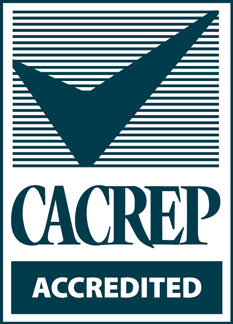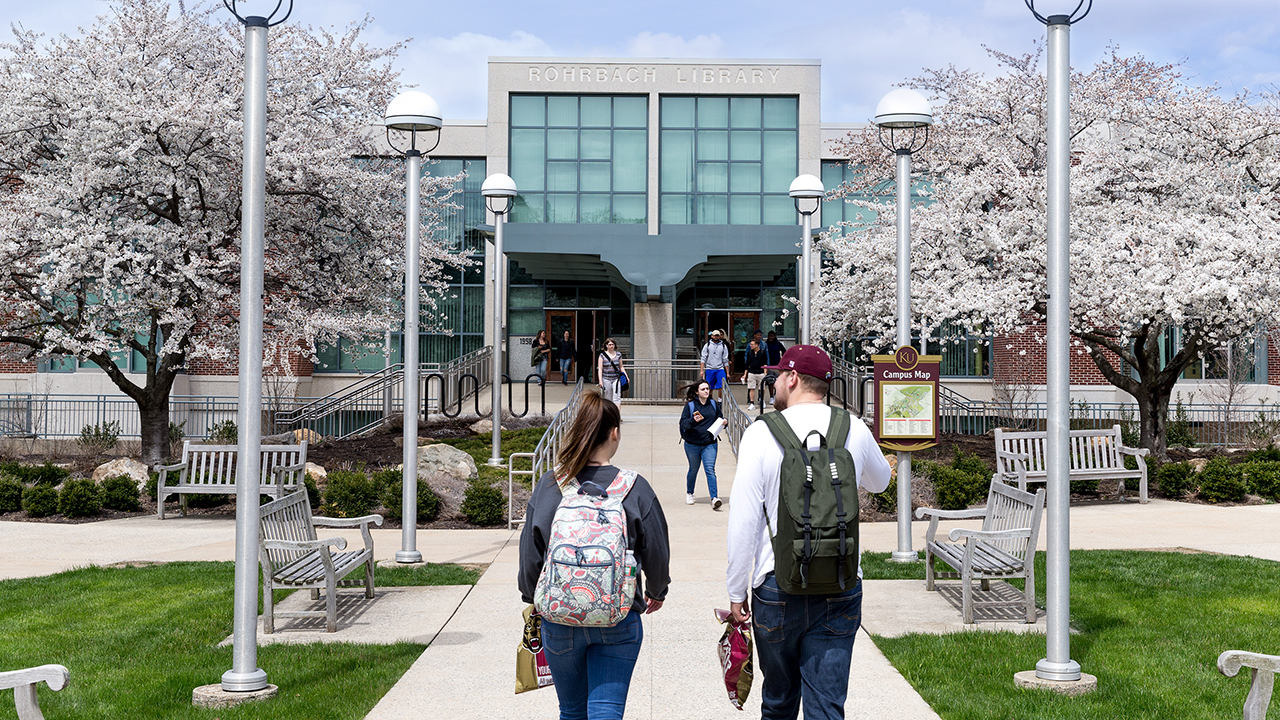Time Change for Commencement
Posted: 12/8/2025 12:00 p.m.
Posted: 12/8/2025 12:00 p.m.
The Fall 2025 Commencement Ceremony will start at 9 a.m. on Saturday, Dec. 13. Full details

Counselor Education & Student Affairs
Counseling: Clinical Mental Health
Master of Arts
The Department of Counselor Education offers a 60-semester hour CACREP accredited Master of Arts degree program in Clinical Mental Health Counseling. The program consists of core counseling courses, specialty area courses, and 700 hours of field experience. Degree requirements for this program meet the educational requirements for Pennsylvania state licensure in Professional Counseling (LPC). Graduates of the program are eligible to take the National Certified Counselor (NCC) examination, a state licensure prerequisite.
The mission of the Master of Arts in Clinical Mental Health Counseling degree program is to provide a high-quality graduate education for individuals pursuing careers in professional counseling. This program is structured around several core tenets:
- Development of personal awareness of self as a counselor
- Knowledge of counseling and psychological concepts
- Skills in counseling and mental health service delivery across the life span
Included in the programs is an emphasis on developing assessment and research skills and using research findings in clinical mental health counseling. Given the focus of this program, graduates enter the profession prepared to work in a variety of settings, such as, community mental health agencies, hospitals, drug and alcohol treatment settings, and colleges/universities.

This program is accredited by CACREP (Council for Accreditation of Counseling & Related Educational Programs)
Student Learning Outcomes
-
Counseling Masters Programs (MA or MS)
- Students will demonstrate knowledge of the ethical standards in counseling and the advocacy role of counselors in addressing institutional and social barriers which impede access, equity and success for clients
- Students will demonstrate knowledge of the multicultural competencies and the effects of power and privilege for counselors and clients.
- Students will demonstrate knowledge about human growth and development across the life span, have an awareness of the complexity of human development, and its impact on development of treatment plans and interventions
- Students will demonstrate knowledge about ethical and culturally relevant strategies for addressing career development and demonstrate knowledge in career assessment.
- Students will demonstrate knowledge in essential interviewing, counseling and case conceptualizing skilled and will use evidenced-based strategies and techniques for prevention and intervention.
- Students will demonstrate knowledge about the dynamics associated with group process and development and demonstrate knowledge on the ethical and culturally relevant strategies for designing and facilitating groups.
- Students will demonstrate knowledge in the use of assessments for diagnostic and intervention planning purposes and demonstrate knowledge about ethical and culturally relevant strategies for selecting, administering and interpreting assessment and test results.
- Students will demonstrate knowledge about the identification of evidence-based counseling practices and the evaluation of counseling interventions and programs.
School Counseling - Students will demonstrate knowledge and competency in school counseling and ethical decision making.
Clinical Mental Health - Students will demonstrate knowledge and competency in clinical mental health counseling and ethical decision making and advocacy.
Addiction - Students will demonstrate knowledge and competency in addiction counseling and ethical decision making and advocacy.
Marriage, Couple and Family - Students will demonstrate knowledge and competency in marriage, couple and family counseling and ethical decision making.






